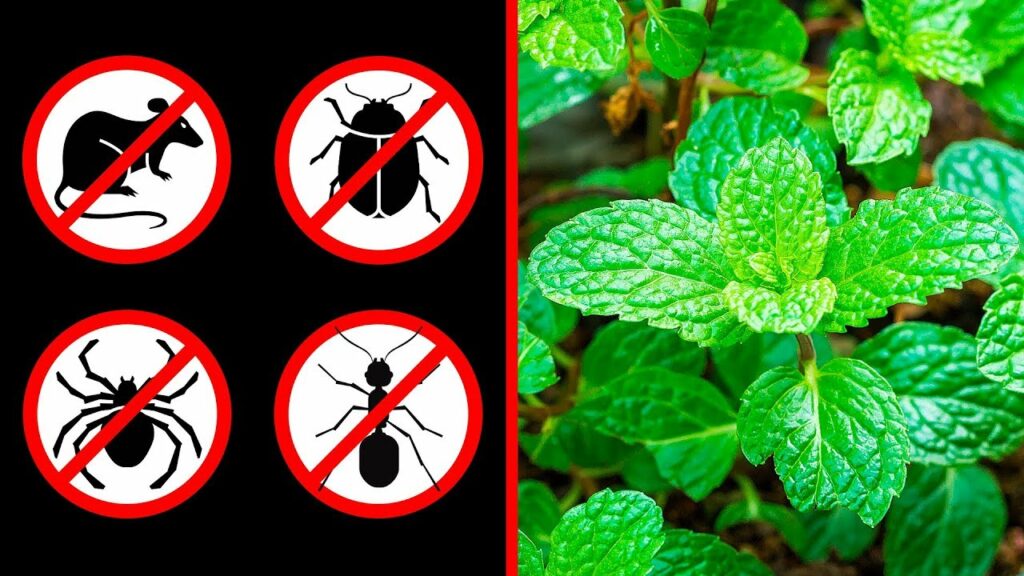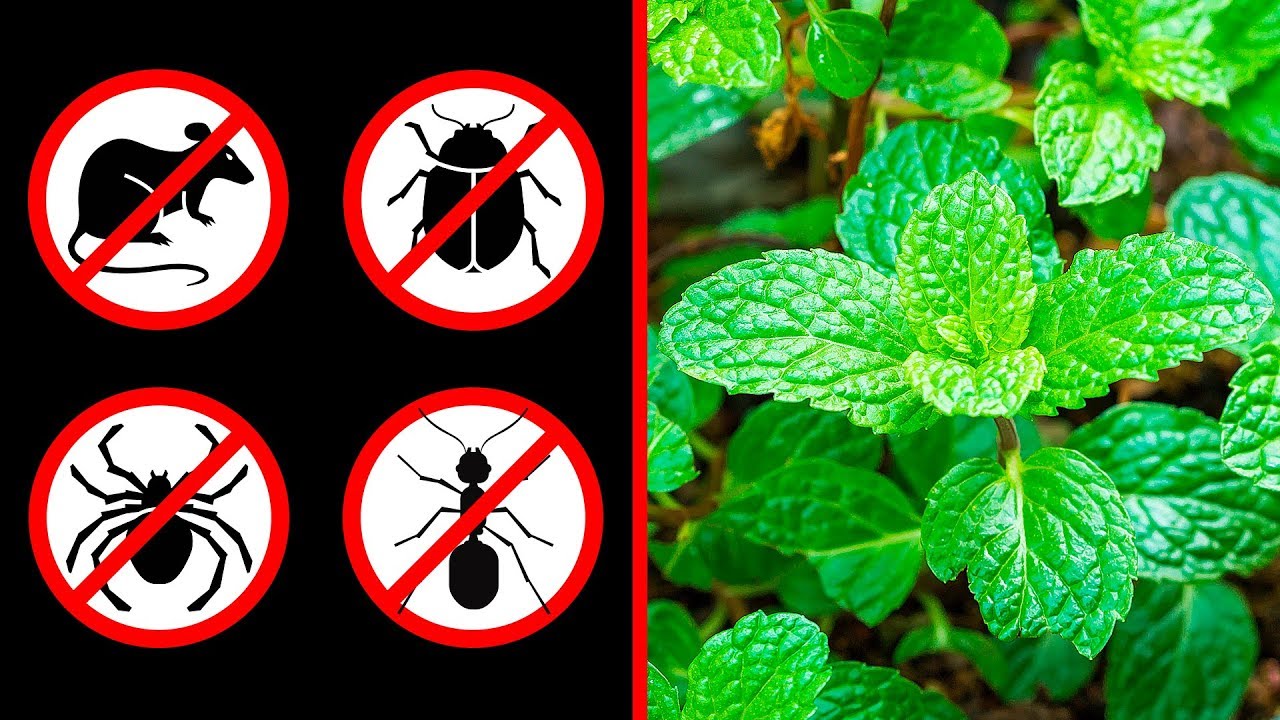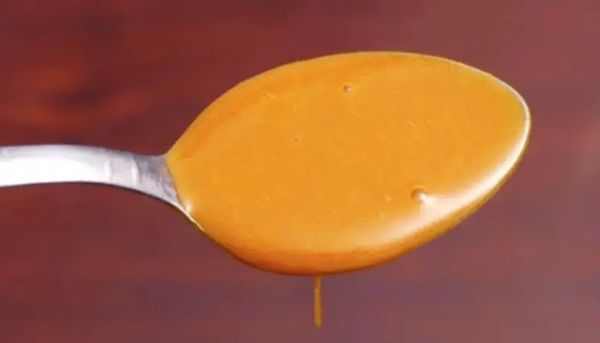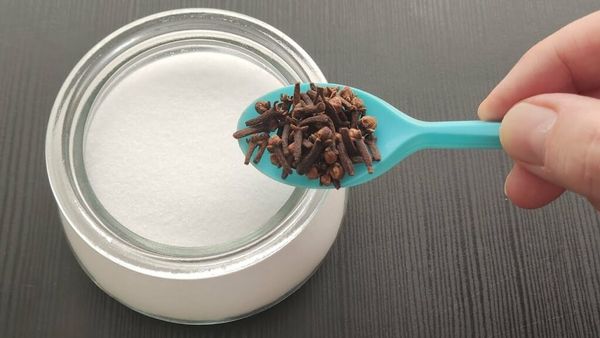
If you’re looking for a natural and effective way to keep pests like mice, spiders, and ants at bay, mint might just be the solution you need. This versatile and fragrant herb is not only great for cooking and making refreshing drinks but also acts as a potent deterrent against various household pests. Here’s how mint can help keep your home pest-free and how you can use it effectively.
Why Mint Works as a Pest Repellent:
-
Strong Aroma: Mint emits a strong and distinct scent that is pleasant to humans but overwhelming and undesirable to many pests, including mice, spiders, and ants.
-
Natural Oils: The natural oils found in mint leaves, particularly menthol, are effective in repelling various insects and even rodents.
How to Use Mint for Pest Control:
-
Plant Mint Around Your Home:
-
Planting mint around the foundation of your home or in window boxes can help deter pests from entering. Mint grows quickly and can be invasive, so it’s often best to keep it in pots to control its spread.
-
-
Use Dried Mint Leaves:
-
Dry some mint leaves and place them in sachets. Tuck these sachets into corners, in cupboards, or wherever you notice pests. The dried leaves will still emit a strong aroma that pests find repulsive.
-
-
Mint Essential Oil:
-
Use mint essential oil as a natural repellent. Add a few drops to a cotton ball and place it in areas where pests are a problem.
-
You can also mix water with a few drops of mint essential oil in a spray bottle and use it as a repellent spray around window sills, doorways, and other entry points.
-
-
Direct Planting:
-
If you have a garden, planting mint directly into the ground can help create a barrier that deters rodents and insects. Just be cautious as mint can spread aggressively.
-
Benefits Beyond Pest Control:
-
Aromatic Ambiance: Mint freshens up the home with its clean and crisp scent.
-
Culinary Uses: Grow mint to have a fresh supply on hand for recipes, from salads to mojitos.
-
Herbal Remedies: Mint is known for its digestive benefits and can be brewed into a soothing tea.
Maintaining Your Mint Plants:
-
Watering: Keep the soil moist, especially during hot, dry periods.
-
Sunlight: Mint thrives in both full sun and partial shade.
-
Pruning: Regularly harvest or trim your mint to keep it bushy and prevent it from taking over the garden.
Conclusion:
Mint offers a natural, chemical-free option for pest control, making it an ideal choice for households looking to avoid synthetic repellents. By incorporating mint into your home and garden, you can enjoy a pest-free environment, the aromatic benefits, and its culinary uses all at once. Whether through planting, dried leaves, or essential oils, mint can significantly improve your quality of life by keeping unwanted guests away.





